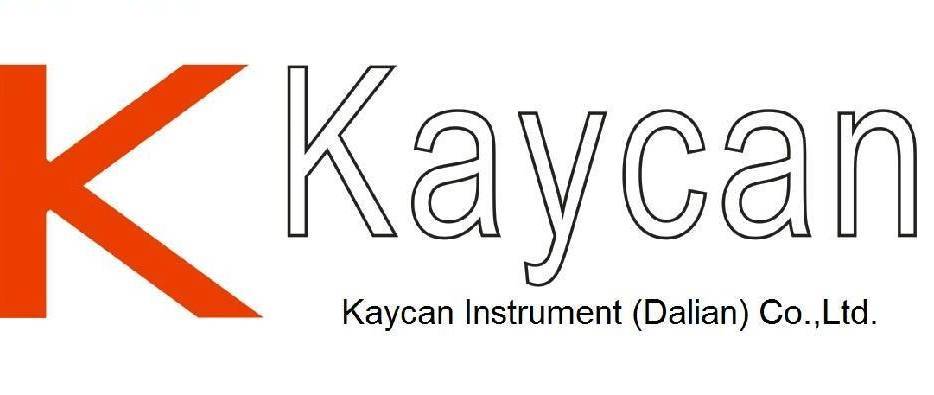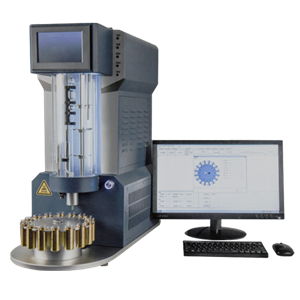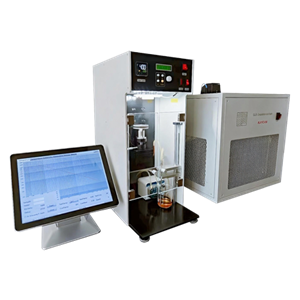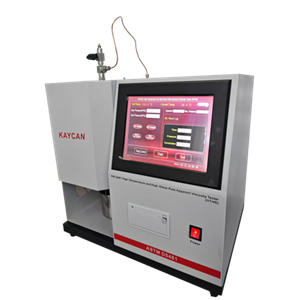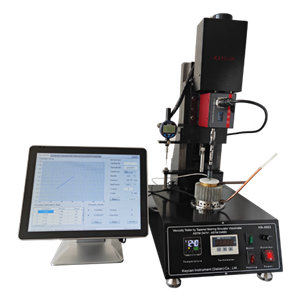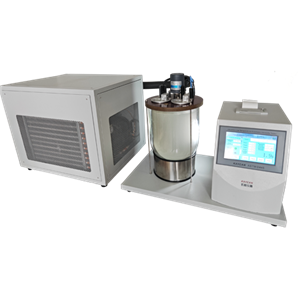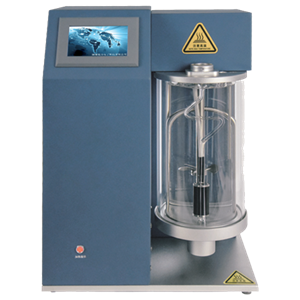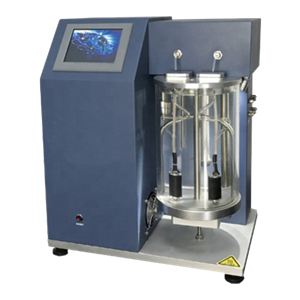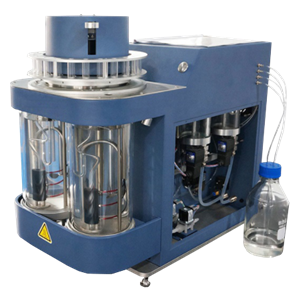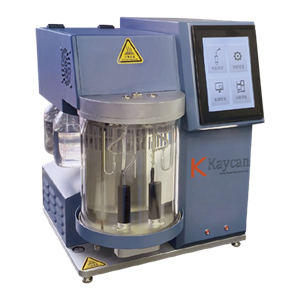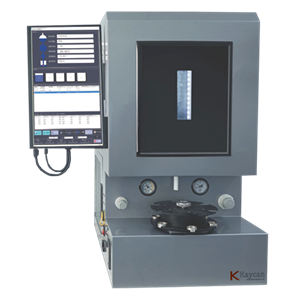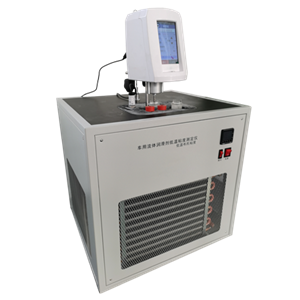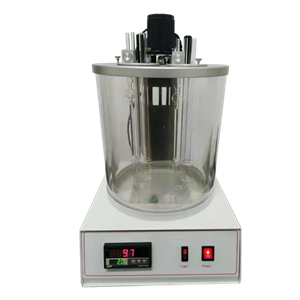-
ASTM D445 Low Temperature Kinematic Viscosity Tester
Many petroleum products, and some non-petroleum materials, are used as lubricants, and the correct operation of the equipment depends upon the appropriate viscosity of the liquid being used. In addition, the viscosity of many petroleum fuels is important for the estimation of optimum storage, handling, and operational conditions. Thus, the accurate determination of viscosity is essential to many product specifications.
Send Email Details -
ASTM D7279 Automated Houillon Viscometer
KN-7929 Automated Houillon Viscometer conforms to ASTM D7279 Standard Test Method for Kinematic Viscosity of Transparent and Opaque Liquids by Automated Houillon Viscometer. Many petroleum products and some non-petroleum products are used as lubricants in the equipment, and the correct operation of the equipment depends upon the appropriate viscosity of the lubricant being used. Additionally, the viscosity of many petroleum fuels is important for the estimation of optimum storage, handling, and operational conditions. Thus, the accurate determination of viscosity is essential to many product specifications.
Send Email Details -
ASTM D7279 Automated Houillon Viscometer,A
KN-7929A Automated Houillon Viscometer conforms to ASTM D7279 Standard Test Method for Kinematic Viscosity of Transparent and Opaque Liquids by Automated Houillon Viscometer. Many petroleum products and some non-petroleum products are used as lubricants in the equipment, and the correct operation of the equipment depends upon the appropriate viscosity of the lubricant being used. Additionally, the viscosity of many petroleum fuels is important for the estimation of optimum storage, handling, and operational conditions. Thus, the accurate determination of viscosity is essential to many product specifications.
Send Email Details -
ASTM D7279 Automated Houillon Viscometer,B
KN-7929B Automated Houillon Viscometer conforms to ASTM D7279 Standard Test Method for Kinematic Viscosity of Transparent and Opaque Liquids by Automated Houillon Viscometer. Many petroleum products and some non-petroleum products are used as lubricants in the equipment, and the correct operation of the equipment depends upon the appropriate viscosity of the lubricant being used. Additionally, the viscosity of many petroleum fuels is important for the estimation of optimum storage, handling, and operational conditions. Thus, the accurate determination of viscosity is essential to many product specifications.
Send Email Details -
ASTM D7279 Automated Houillon Viscometer, C
KN-7929 Automated Houillon Viscometer conforms to ASTM D7279 Standard Test Method for Kinematic Viscosity of Transparent and Opaque Liquids by Automated Houillon Viscometer. Many petroleum products and some non-petroleum products are used as lubricants in the equipment, and the correct operation of the equipment depends upon the appropriate viscosity of the lubricant being used. Additionally, the viscosity of many petroleum fuels is important for the estimation of optimum storage, handling, and operational conditions. Thus, the accurate determination of viscosity is essential to many product specifications.
Send Email Details -
ASTM D1655 Fully Automatic Low-Temperature Kinematic Viscometer
KN-1655 Fully Automatic Low-Temperature Kinematic Viscometer conforms the ASTM D445 Standard Test Method for Kinematic Viscosity of Transparent and Opaque Liquids (and Calculation of Dynamic Viscosity). It is used to test the of liquid petroleum products, both transparent and opaque, by measuring the time for a volume of liquid to flow under gravity through a calibrated glass capillary viscometer. The dynamic viscosity, η, can be obtained by multiplying the kinematic viscosity, ν, by the density, ρ, of the liquid. Under certain constant temperature. The range of kinematic viscosities covered by this apparatus method is from 0.2 to 300 000 mm2/s at all temperatures
Send Email Details -
ASTM D2983 Low Temperature Brookfield Viscometer
The low-temperature, low-shear-rate viscosity of automatic transmission fluids, gear oils, torque and tractor fluids, and industrial and automotive hydraulic oils are of considerable importance to the proper operation of many mechanical devices. Measurement of the viscometric properties of these oils and fluids at low temperatures is often used to specify their acceptance for service. This test method is used in a number of specifications.
Send Email Details -
ASTM D4603 Inherent Viscosity Of PET By Glass Capillary Viscometer
The inherent viscosity is determined by measuring the flow time of a solution of known polymer concentration and the flow time of the pure solvent in a capillary viscometer at a fixed temperature. The inherent viscosity value is calculated from the flow time values
Send Email Details
